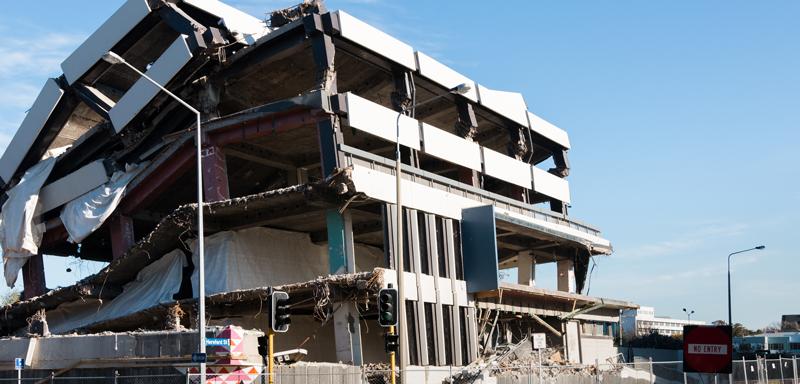Engineering New Zealand Chief Executive Susan Freeman-Greene says everything her organisation has done to raise the bar for engineers has been in the shadow of this tragedy.
“Today our first thoughts are for those who lost loved ones in the CTV building. We are very aware of the families’ ongoing grief.
“We know that the public wants better ways of holding engineers accountable. We’ve changed our rules so that a member can’t resign to avoid a complaint, and we’ve overhauled our complaints process.
“Last year we introduced a new Code of Ethical Conduct that sets new expectations for engineers.
“Engineers now have an obligation to report potential adverse consequences for people’s health and safety. This means that they must take action if they see something of concern.
“For example, if they see potential design flaws in a building under construction, or poor construction practices that threaten health and safety.
“And if an engineer suspects another engineer has significantly breached the Code, they must report this.
“On 1 October, Engineering New Zealand introduced a new membership pathway for our 20,000 members. All members must now pledge every year to uphold the Code of Ethical Conduct and commit to ongoing professional development.
“We have strengthened the Chartered Professional Engineer assessment process for structural engineers to include more specific and targeted assessment.
“But we would like to see changes to the way engineers are regulated. Engineering New Zealand supports the task-based licencing of engineers for safety-critical work. This means restricting safety-critical design to engineers specifically licensed to do this work.
“As well as structural engineering, we’d like to see this kind of regulation extend to any safety-critical work; for example, fire, geotechnical and food-process engineering.”
Background: Complaints relating to the CTV building tragedy
Engineering New Zealand received complaints about David Harding from MBIE’s Chief Engineer and a group of victims’ families.
Its Disciplinary Committee found that Mr Harding had breached its Code of Ethics.
Towards the end of this process, he resigned.
Because he was no longer a member, the Disciplinary Committee had no power to make any orders against him, but ENZ made the decision against him public.
ENZ received complaints about Alan Reay from MBIE’s Chief Engineer and a group of victims’ families.
Dr Reay resigned as a member in February 2014, while the complaints process was underway.
The timing of his resignation meant ENZ no longer had jurisdiction over Dr Reay. So the complaints process was stopped.
In March 2015, the Government sought a judicial review of ENZ'S decision to stop the complaints process. The judicial review is ongoing and a date for the substantive hearing hasn’t been set. In the meantime, ENZA has changed its rules so that a member can’t resign to avoid a complaints process.



